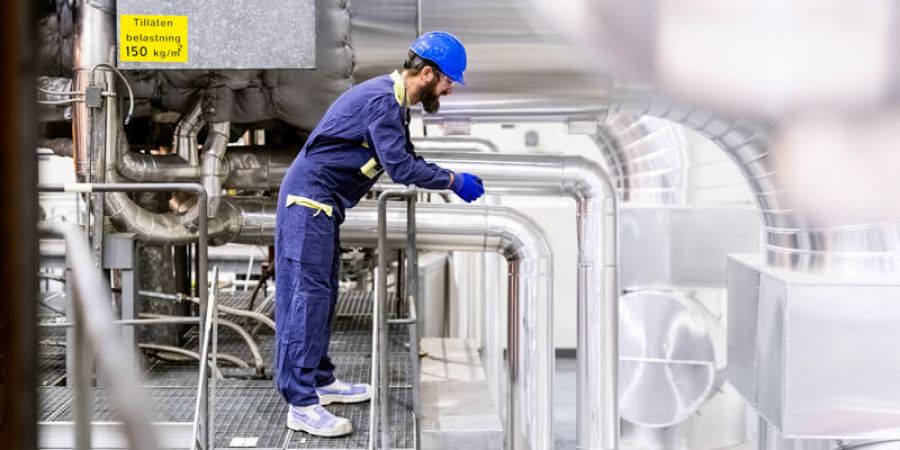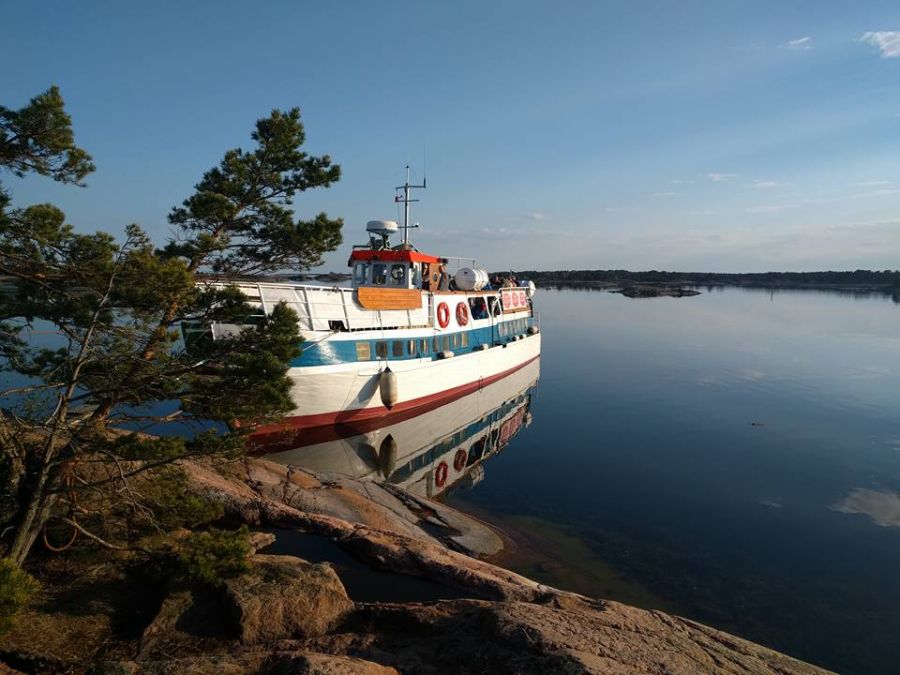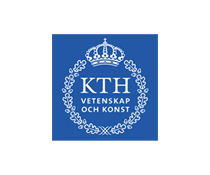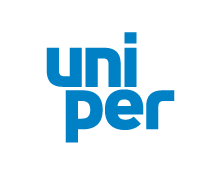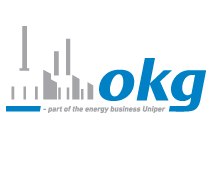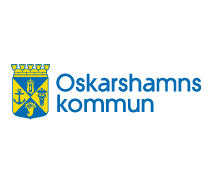Study visits
The study visits will take place on Thursday 19 September after lunch and require pre-registration. When you register for the conference, be sure to check Yes for the option ‘ I am interested in a study visit’. We will contact everyone interested in a study visit and sort out which company you’d prefer to visit.
See below for different options regarding study visits.
SAFT Batteries
Description of the company:
Saft is a world leading producer of batteries used all over the world and in space. Saft have 4 500 employees and 17 manufacturing facilities around the world specializing in everything from state-of-the-art Li-ion batteries for Formula E to nickel-based batteries used in airplanes and satellites.
At the Oskarshamn production facility, long life nickel batteries are manufactured for stationary backup applications providing emergency energy during power outages. The site includes a chemical process facility for the active material of the batteries as well as an assembly line producing cells that can weigh up to 70 kg.
The study visit will include: During the visit we will walk through the production facility and explain the various processes of producing our world leading batteries.
Duration for study visit: 1h
Maximum number of visitors: 30
Important information: Protective clothing before entry will be provided. There will be a joint walk to SAFT from Forum Conference Center. Length approx 1,3 kilometers.
OKG AB
Description of the company:
OKG is a proud supplier of fossil-free electricity. The company, with its almost 600 employees, is located on the Simpevarpshalvön about 30 km north of Oskarshamn, with a fantastic view of Kalmarsund and Blå Jungfrun. Here are three of Sweden’s nuclear power reactors, Oskarshamnsverket 1, 2 and 3. Oskarshamn 3 is one of the world’s largest boiling water reactors with a maximum power of 1450 MW. It is equipped to be in operation until year 2045, at least. During 2021, Oskarshamn 3 produced 11 TWh of fossil free electricity, which is enough to supply around 1 000 000 Swedish households.
For a long time, OKG only had one mission – to produce electricity in a climate-efficient way. But now, the task to take care of the dismantling of the two shut-down reactors is also included. By taking responsibility, we are preparing the way for the nuclear power of the future. We are also producing and selling hydrogen.
The study visit will include: A guided tour on controlled area. The tour will include a visit to the reactor balcony and the turbine balcony.
Duration for study visit: 2-3 hours
Maximum number of visitors: 21 persons
Important information: Bring valid ID. State if you have dual citizenship for the pre-registration. More information will be provided by the organizer. It is not recommended to wear a skirt or dress on controlled area.
No longer available
SKB, the Swedish Nuclear Fuel and Waste Management Company
Description of the company:
SKB is owned by the nuclear power companies and they have a statutory duty to deal with the disposal of Swedish nuclear waste and to pay for these operations. SKB task is to deal with all the radioactive waste from nuclear power plants in Sweden in a safe way. Today we have a system for dealing with nuclear waste that works. Since the mid-1980s both the Final Repository for Short-Lived Radioactive Waste (SFR) and Central Interim Storage Facility for Spent Nuclear Fuel (Clab) have been in operation.
Since the 1970s SKB has been developing a method to enable the handling and management of spent nuclear fuel safely for long periods of time. We have undertaken research and development and have conducted studies and investigations. The method we have selected means that the fuel is placed in copper canisters surrounded by bentonite clay about 500 metres underground in Swedish bedrock, The Äspö Hard Rock Laboratory is where much of the research about the final repository for spent nuclear fuel is taking place.
The study visit will include: The visit starts with passport control/registration and information about The Äspö Hard Rock Laboratory. This is followed by a guided tour underground. We are going underground by elevator to a depth of -340 metres then a walk in steep slopes approx.1 km in total. During the tour we show some experiments and technique development for the final repository before we go up by elevator from -450 meters depth.
Duration for study visit:approx. 2 h 15 min.
Maximum number of visitors: 36 persons
Important information: Pre-registration with name, date of birth and home country 2 weeks before visit. Each person has to be able to walk without support in Äspö HRL. Therefore, no wheelchairs, walkers, crutches or sticks are permitted under ground. Alcohol may not be consumed before or during the visit. We recommend comfortable shoes and casual clothing.
No longer available
Archipelago cruise with Solkustturer
The study visit will include: Join us on a beautiful archipelago tour during the afternoon. We will go along the Enegatsleden by the coast down to Näset stone cutter pier, where we will turn around. Have a cup of coffee and a pastry bite as you enjoy the tranquil cruise in gorgeous surroundings.
Duration for study visit: 2 hours
Maximum number of visitors: 54 passengers.
Important information: The tour starts in Oskarshamns harbour, at Brädholmen. There will be a joint walk to the harbour from Forum Conference Center. Length approx 800 metres.
KSU – Nuclear Training and Safety Centre
No longer available
Södra Cell Mönsterås
Description of the company:
Rooted in the forest, we grow the future.
Södra was founded in 1938 on the idea that we are stronger together. Södra is now the largest forest-owner association in Sweden, with more than 50,000 family forest owners as members, and a world-leading industry that processes forest raw material to renewable products.
Södras pulp mill in Mönsterås is one of the world’s most modern pulp mills and has a production capacity of 750,000 tonnes per year of softwood and hardwood pulp. The mill’s core business is pulp production, but it is also an important source of green electricity. And in 2020, Mönsterås started up the world’s first commercial biomethanol plant, confirming its position as a growing provider of biofuels.
The study visit will include: An introductory film about the pulp mill for basic understanding of pulp production followed by a walk in the mill with focus on energy generation. Steam turbines, recovery boiler as well as bark boiler for steam generation and lime kilns in the chemical recovery loop. District heating will be described as well as the overall energy numbers for the production site including production of turpentine, tall oil and bio methanol.
Duration for study visit: Approx. 3 hours
Maximum number of visitors: 40
Important information: Pre-registration necessary. Long-sleeved and long-legged clothing and well as covered shoes required. No sandals or high heels. High visibility vests, safety helmets and goggles available on site.

